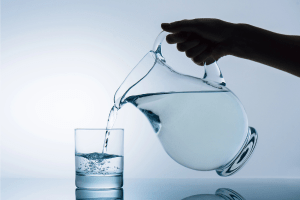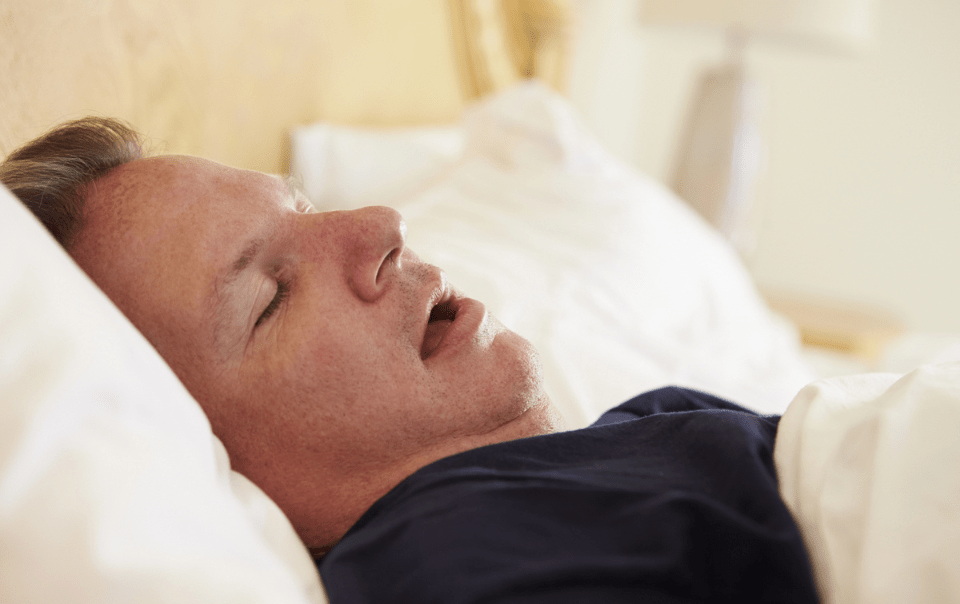Endoscopic sinus surgery is a common procedure designed to relieve chronic sinus issues such as infections, blockages, or inflammation. While this minimally invasive surgery can offer significant relief, the recovery process can present challenges, especially when it comes to sleeping comfortably. After surgery, you might experience discomfort, congestion, and difficulty breathing, all of which can make restful sleep seem impossible. Fortunately, by following certain best practices, you can improve your comfort and promote faster healing.
In this guide, we’ll walk you through how to get a good night’s sleep after endoscopic sinus surgery in Los Angeles and the best ways to care for yourself during the recovery process.
Understanding the Recovery Process
Endoscopic sinus surgery involves the use of a small, flexible camera (endoscope) to remove blockages or revise the inside your nasal passages and sinuses. This type of surgery typically has a shorter recovery time compared to more invasive procedures. However, you may still experience symptoms such as:
- Nasal congestion
- Mild pain or discomfort
- Swelling around the nose and sinuses
- Post-nasal drip or drainage
- Occasional headaches
The first few days after surgery are the most critical in terms of managing these symptoms and ensuring that your body heals properly. Your ability to rest and sleep comfortably is a key component of this healing process.
Also Read: What to Expect After Endoscopic Sinus Surgery
Why Sleep Matters During Recovery
Sleep plays a crucial role in the healing process, especially after surgery. During sleep, your body works to repair damaged tissues and strengthen the immune system. A lack of restful sleep can slow down your recovery and increase the risk of complications, such as infection or prolonged inflammation.
After sinus surgery, many patients struggle to sleep because of congestion, discomfort, and changes in their breathing patterns. However, adopting the right sleeping practices can significantly improve your chances of sleeping well and speeding up your recovery.
Also Read: Understanding Endoscopic Sinus Surgery: Answers to Your Top Questions
Best Practices for Sleeping Comfortably After Endoscopic Sinus Surgery
Here are some practical tips to help you sleep better while recovering from endoscopic sinus surgery in Los Angeles:
1. Sleep with Your Head Elevated
One of the most effective ways to reduce post-surgery congestion and improve your breathing while sleeping is to keep your head elevated. Elevating your head reduces swelling and helps your sinuses drain more efficiently, which can minimize the pressure and congestion that make it difficult to sleep.
Here’s how to do it:
- Use extra pillows: Place two or three pillows under your head and upper back to create an incline.
- Try a wedge pillow: A wedge pillow can provide more consistent support for your upper body and prevent you from slipping down during the night.
- Adjustable bed: If you have an adjustable bed, raising the head section can give you the elevation you need for better sinus drainage.
Sleeping with your head elevated for the first few nights after surgery can help you breathe more easily and reduce the risk of complications like bleeding or swelling.
2. Use a Humidifier
Dry air can worsen nasal congestion and irritate your sinuses, making it harder to sleep comfortably after surgery. A humidifier adds moisture to the air, which helps keep your nasal passages moist, soothes inflammation, and prevents the dryness that can lead to discomfort.
When using a humidifier:
- Keep it clean: Regularly clean the humidifier to prevent the growth of mold or bacteria, which could lead to infections.
- Position it correctly: Place the humidifier near your bed but not directly in front of you. This allows the moisture to fill the room without causing excessive dampness near your face.
By maintaining a comfortable level of humidity in your room, you can ease your breathing and improve your sleep quality during recovery.
Also Read: How to Prepare for an Endoscopic Sinus Surgery
3. Take Your Medications as Prescribed
After endoscopic sinus surgery in Los Angeles, your doctor will likely prescribe medications to help manage pain, inflammation, and congestion. These may include pain relievers, nasal sprays, and decongestants. It’s important to take these medications as prescribed to minimize discomfort and ensure proper healing.
Here’s how medications can help you sleep:
- Pain relief: Over-the-counter or prescription pain relievers can reduce discomfort and allow you to sleep more soundly.
- Nasal sprays: Steroid nasal sprays can help reduce inflammation and open your nasal passages, making it easier to breathe at night.
- Decongestants: Decongestants may help reduce nasal congestion, but always check with your doctor before using them, as they may not be recommended in some cases.
Make sure you take your medications before bedtime to ease your symptoms and make it easier to fall asleep.
4. Practice Good Sleep Hygiene
Good sleep hygiene refers to habits and routines that promote better sleep. After sinus surgery, practicing good sleep hygiene becomes even more important to ensure you’re getting the rest you need to heal.
Here are some sleep hygiene tips to follow:
- Stick to a schedule: Go to bed and wake up at the same time every day, even on weekends.
- Limit screen time: Avoid using electronic devices like phones, tablets, or computers for at least 30 minutes before bed, as the blue light emitted by these devices can interfere with your sleep.
- Create a relaxing bedtime routine: Engage in calming activities before bed, such as reading, meditating, or taking a warm bath, to help signal to your body that it’s time to sleep.
Establishing a consistent bedtime routine can help you fall asleep more easily and improve the overall quality of your sleep.
5. Avoid Sleeping on Your Side or Stomach
For the first few weeks after endoscopic sinus surgery in Los Angeles, it’s essential to avoid putting pressure on your nose by sleeping on your side or stomach. Sleeping on your back with your head elevated is the best position to promote healing and reduce the risk of complications.
If you’re someone who usually sleeps on your side or stomach, it might take some time to adjust to sleeping on your back. To make the transition easier:
- Use pillows for support: Place pillows on either side of your body to prevent yourself from rolling over during the night.
- Consider a body pillow: A body pillow can provide additional support and help keep you in a comfortable position on your back.
By avoiding pressure on your nose, you can protect the surgical site and encourage faster recovery.
6. Stay Hydrated

However, try to avoid drinking large amounts of water right before bed, as this might lead to frequent trips to the bathroom during the night, disrupting your sleep.
7. Avoid Irritants
Certain environmental factors can irritate your nasal passages and worsen your symptoms after surgery. During your recovery, it’s essential to avoid irritants like:
- Cigarette smoke
- Strong perfumes or chemicals
- Dust and allergens
Keeping your environment clean and free from irritants can help reduce inflammation and make it easier to breathe, improving your chances of getting restful sleep.
8. Listen to Your Body
Finally, it’s important to listen to your body during the recovery process. Healing takes time, and your body may need more rest than usual after surgery. If you feel tired during the day, don’t hesitate to take short naps to help your body recover. However, try to keep naps short (20-30 minutes) to avoid interfering with your nighttime sleep.
Conclusion
Endoscopic sinus surgery in Los Angeles can significantly relieve chronic sinus and nasal congestion issues, but the recovery process requires patience and proper care. Following these best practices for sleeping comfortably can improve your chances of a smooth recovery and get the rest you need to heal.
If you continue to have trouble sleeping or experience complications, it’s essential to contact Dr. Cohen, MD, at the Southern California Sinus Institute for further guidance. With the right approach, you can recover successfully from endoscopic sinus surgery and enjoy the benefits of improved sinus health.

